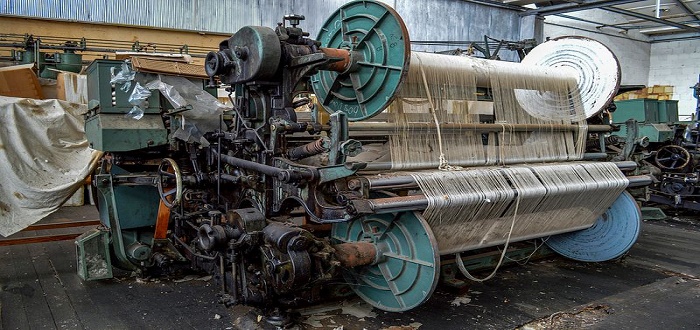Nairametrics| The prices of pillows, furniture and other textile materials may soon soar if the words of the Director-General, Nigerian Textile Manufacturers Association, Mr. Hamma Kwajaffa, is anything to go by. The reason for this is not unconnected to the scarcity of one of the key materials, polyester, which is used in these materials due to its high tenacity, durability and ability to withstand strong and repetitive movements.
However, according to reports from Punch, the local production of polyester at the Eleme petrochemical plant, that produces polyester locally, does not produce enough and is nowhere near sufficient for the demand of the raw material in the country. The deficit, which used to be sought from foreign countries, is not more coming in as it used to as a result of a scarcity of forex. This is even as the Federal Government reduced import duties on polyester. However, operators say that it was not a consolation as it did not solve the challenge of access to forex.
“To access foreign exchange, we have to go through our banks. They keep telling us that they do not have foreign exchange to give. The situation has impeded our production activities because most of our production components cannot be sourced locally.
“Some of the manufacturers have already stopped production, and it is becoming difficult to convince others not to suspend production
According to Kwajaffa, and that the scarcity is exacerbating the crisis in the sector as more manufacturers have suspended production, sacked workers and turned to other sources of income. “Most of the Okada riders you see today used to be textile manufacturers,” Kwajaffa said.
Kwajaffa remarked that out of over 84 textile firms that existed in the country in the 80s, only about 24 were left, some of which were managing to stay afloat.
The slight collaboration between the Central Bank and commercial banks in the area of making forex available to customers is also not helping matters for the sector. “Easy availability of foreign exchange will allow textile manufacturers to procure raw materials, and thus help in enhancing production, resulting in job creation and increased contribution to Nigeria’s Gross Domestic Product.” he said.











